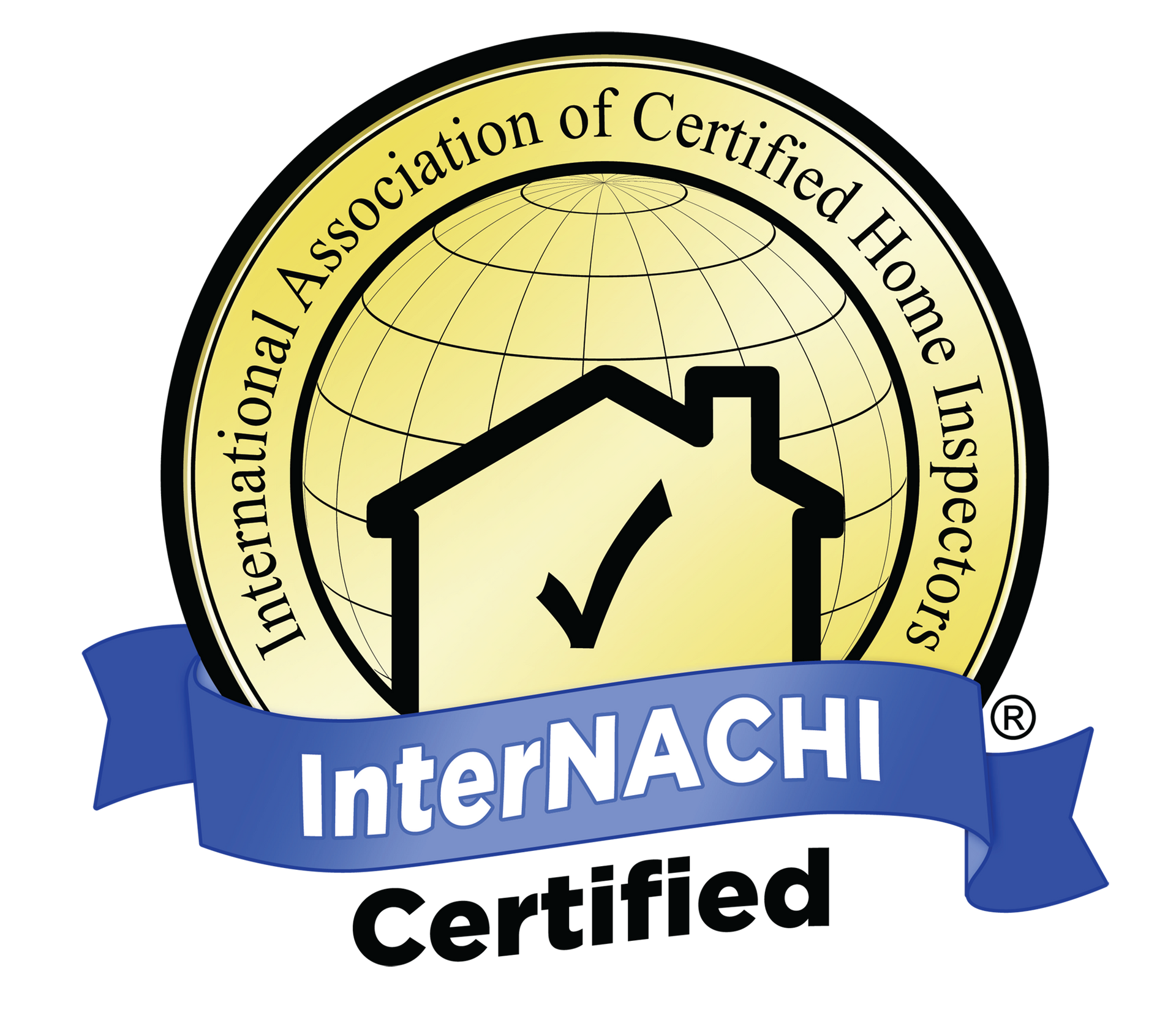Get in touch
555-555-5555
mymail@mailservice.com
(713) 591 9738
Call us today!
(713) 591 9738
Call us today!
Expert Home Inspection Services in the Houston Area
Buying a new home is often one of the biggest purchases that a person will commit in their life. For the previous reason, it is in your best interest to do as much research as you can before you say “I do.” Getting a residential home inspection report is usually the first step towards understanding the deficiencies associated with the home in question as well as getting recommendations for repair.
Our home inspection reports will provide you with details regarding the condition of the home, inform you of maintenance concerns, and any other potentially costly issues.
The home inspector will assess the physical structure of the home, from the foundation to the roof and the home's electrical, plumbing, and HVAC systems. Our reports also contain a summary page of our findings for your convenience.
If you are present at the end of the inspection the inspector will do a personalized walkthrough of the house, point out major deficiencies and give you an opportunity to ask questions. If you cannot be present we will make arrangements with you to discuss the report and any other inquiries you may have via phone or virtual call.
- Our Inspections include thermal imagining to detect plumbing leaks, the presence of moisture, and/or active roof leaks.
- Use of drone when a roof cannot be safely walked on.
- Outdoor kitchens and sprinkler system inspection included with our home inspections.
- Crawlspace Inspections are automatically added to any residential inspection with pier and beam foundations (Learn More- link to crawlspace section)
- We perform Multi-Unit inspections such as duplexes and fourplexes as well as condominiums.
- We Also provide 11-month Warranty Inspections, New Construction and pre-listing inspections (see our services page)
This is a summary of the additional components of your house that will be inspected in our residential home inspection:
- Roofing System (including gutters & downspouts)
- Foundation & Crawl Spaces
- Structural Components
- Exterior Features (doors, windows, siding)
- Driveways & Walkways
- Deck & Balcony
- Garage
- Grading & Drainage
- Interior Features (doors, windows, floors, walls, ceilings, stairs)
- Attic, Insulation, & Ventilation
- Electrical System
- Heating & Cooling Systems
- Plumbing System
- Built-in Appliances
- Sprinkler system
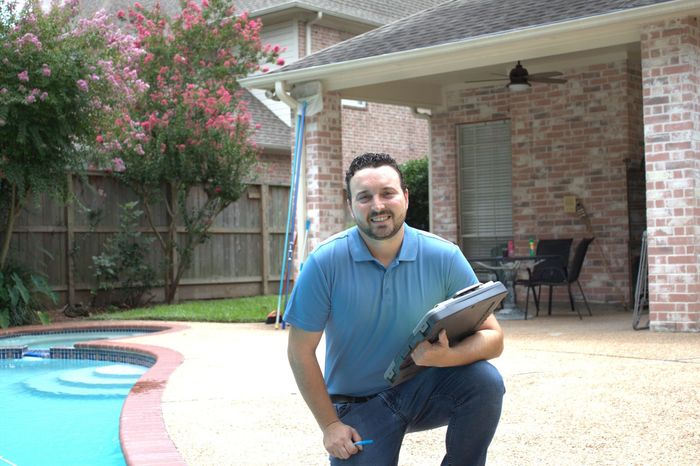
This is a summary of the additional components of your house that will be inspected in our residential home inspection:
- Roofing System (including gutters & downspouts)
- Foundation & Crawl Spaces
- Structural Components
- Exterior Features (doors, windows, siding)
- Driveways & Walkways
- Deck & Balcony
- Garage
- Grading & Drainage
- Interior Features (doors, windows, floors, walls, ceilings, stairs)
- Attic, Insulation, & Ventilation
- Electrical System
- Heating & Cooling Systems
- Plumbing System
- Built-in Appliances
- Sprinkler system
Stucco Inspections
Although stucco is a nice decorative surface choice for most homeowners, a large quantity of stucco applications completed in the past two decades are improperly installed or not maintained by owners. Improperly sealed or installed stucco can eventually cause leaks, mold, and various forms of structural damage to the house.
If you have any concerns over your stucco asks us for a visual inspection. Once the stucco has been inspected, we will notify you if a stucco-intrusive inspection is recommended. Stucco-intrusive inspections allow the inspector to determine if there are any hidden moisture issues inside the walls, soffits, windows, and balconies of the house.
This type of Inspection can save you thousands of dollars if completed before the end of your option period.
A Stucco Inspection is broken in two parts:
- Part 1- which is a visual inspection.
- Part II- A stucco Intrusive Inspection is completed by drilling two ¼ inch holes side by side in the stucco at suspect and high risk locations, in which the inspector sticks a moisture probe into the wall to check the condition of the substrate (firm or soft) and also measure the moisture content of the substrate with a special moisture testing device, Delmhorst BD 2100 Moisture Meter.
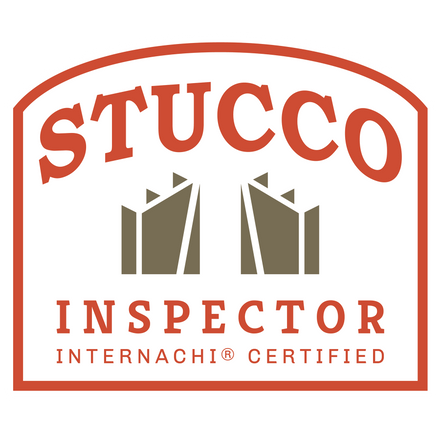
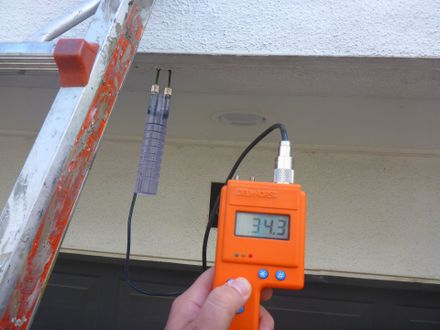
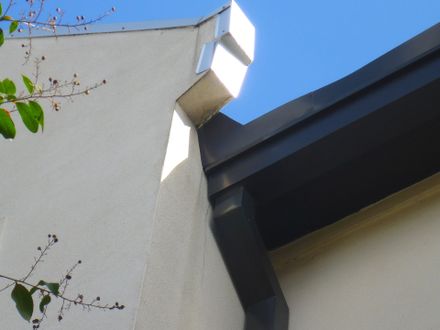
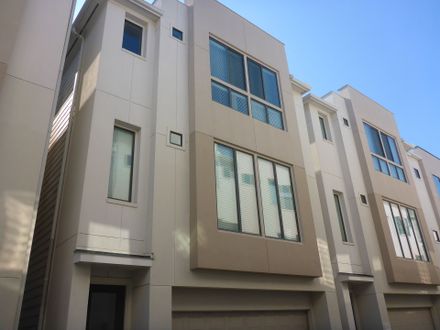
New Construction Inspections/ Phase Inspections-
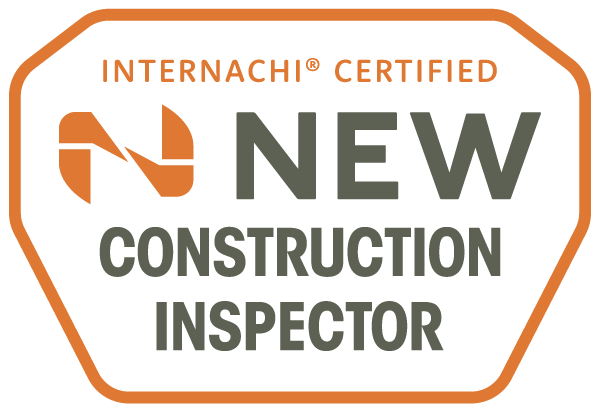
New Construction Inspections are also known as “Phase Inspections” and come in three stages: 1. The first one is called the pre-pour inspection. This allows the inspector to see the overall condition of the foundation and to call out any deficiencies prior to the pour of concrete slab. 2. The Second stage is the pre-drywall inspection. This allows the inspector to inspect the frame of the house as well as to see that the plumbing, electrical, and HVAC of the house are properly installed. 3. The third stage is the final inspection that takes place once all the appliances are put in place. Call us if you need one or all these inspections.
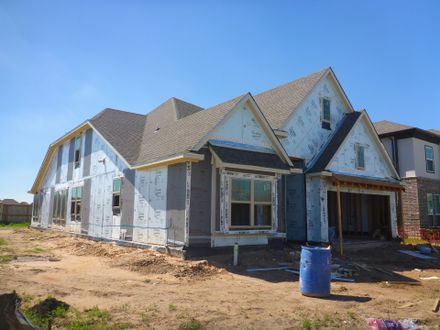

Builder’s Warranty Inspections (11-month Warranty Inspections)
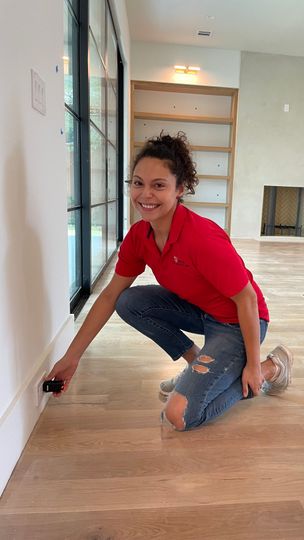
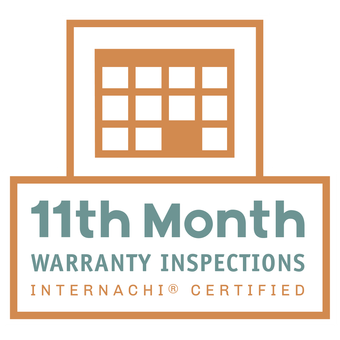
Did you know that most newly-built homes come with a warranty for a year? All you need to do to use it is to conduct a home inspection within the first 11 months of purchasing your house and provide the report to the builder. The builder will look for recommended repairs and will be liable to fix the issues recommended by your home inspector before the year is over.
This inspection looks for the same items as a residential home inspection (please see residential home inspections for more information).
Pre-listing Inspections

In the real estate market, preparation is key, and that's where Bianchi Home Inspections comes in. Before potential buyers bring in their inspectors, it's wise to be one step ahead. Our Pre-Listing Home Inspection offers a multitude of advantages, ensuring you're fully prepared for the sales process. Here's how it benefits you:
-
Objective Insight:
View your property through the lens of our experienced, impartial inspectors. This perspective is invaluable in understanding how your home will be perceived in the market.
-
Safety First:
We identify immediate safety concerns before your home is shown, ensuring a safe environment for potential buyers and real estate agents.
-
Early Detection:
Our inspection can reveal critical issues, such as water penetration or termite activity, allowing for prompt action.
-
Smooth Transactions:
Addressing repair needs beforehand means fewer obstacles during negotiation. This proactive approach can streamline the sale process.
-
Cost-Effective Solutions:
Knowing what needs fixing in advance gives you the opportunity to seek out the best contractors or even handle some repairs yourself, if you're equipped to do so.
-
Realistic Pricing:
Our inspection informs you about the true condition of your home, aiding in setting a fair and realistic price.
-
Building Buyer Confidence:
A pre-inspected home can ease potential buyers' worries, making your property more appealing and trustworthy.
-
Negotiation Leverage:
Buyers may be more inclined to forgo their own inspection, expediting the sale process.
-
Reduced Liability:
Supplement your disclosure statement with our professional report, diminishing the risk of post-sale disputes.
Pool Inspections
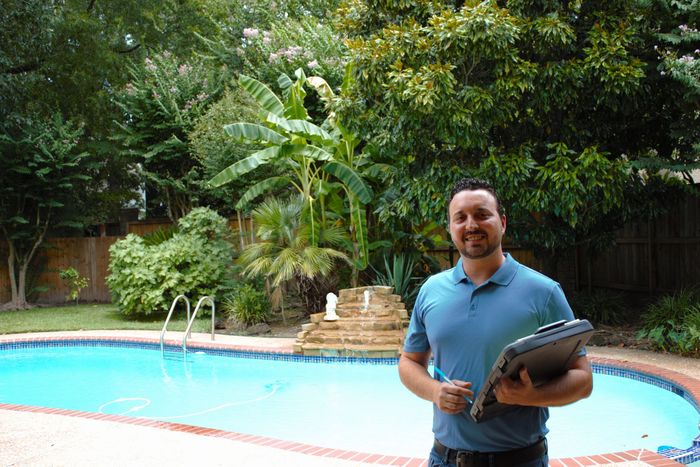
When buying a house with a pool you definitely want to get a pool inspection. Just like the rest of the components of the house, you want to be sure the pool and its mechanical components are in good working condition.
Your pool inspection assesses:
- Pool safety features
- Pool lighting
- Structural integrity
- Mechanical equipment (filters, heaters and pumps)
- Materials such as tile and decking around the pool.
You are provided a detailed report indicating the status of your pool and offered recommendations regarding areas of concern that may need to be addressed. Even when you think the pool is in great condition, a pool inspection can save you thousands of dollars by capturing the areas of your pool that may not be up to code or working properly.
Roof and Storm damage Inspections
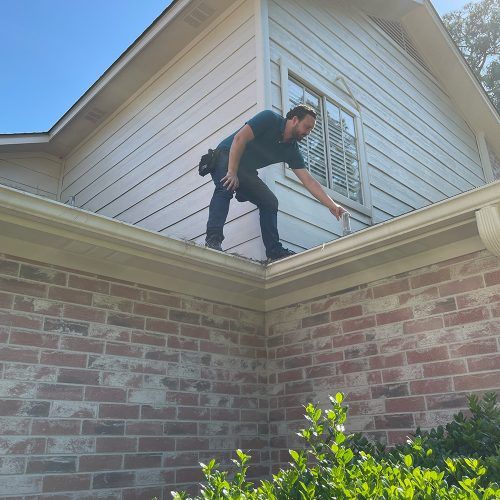
We all need a roof over our heads. Over time, roofs start to deteriorate, and you may find yourself spending thousands of dollars trying to fix issues or having to replace your entire roof. A roof inspection helps you identify the areas of your roof that may be improperly installed and may lead to leaks from rainwater. Other factors affecting your roof are inclement weather and major storms, which can cause significant damage. The following inspection is generally done after heavy rains and storms.
Included in the roof inspection is:
- An inspection of the roof decking from the attic
- A thermal imaging scan from the interior of the house
- Walking the surface of the roof to identify any deficiencies
In the event the inspector is unable to access the roof due to height, a drone is flown and the inspector takes high resolution photos of the surface of the roof looking for any deficiencies and/or areas of high concern.
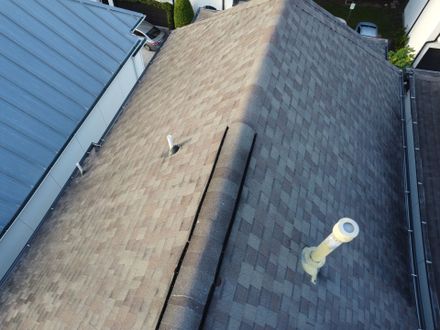
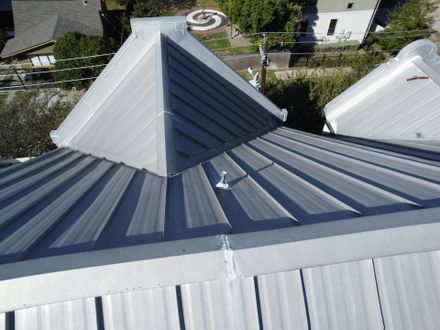
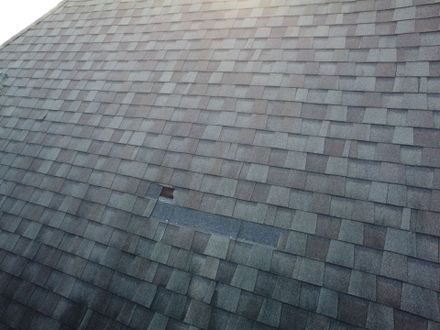
Crawlspace Inspections –
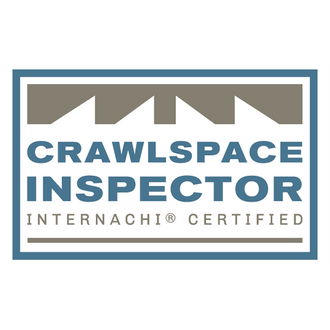
This type of inspection is provided as a standalone service or automatically included in the price of residential home inspections with a pier and beam foundation.
Since this type of foundation will have a space under the house, we will crawl under the house to look for signs of moisture and/or standing water below the house, assess the condition of the subfloor and look for any plumbing leaks. Other elements of this inspection include indications of wood deterioration and wood destroying insect damage as well as pier stability.
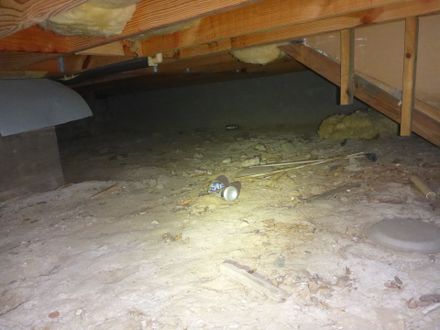

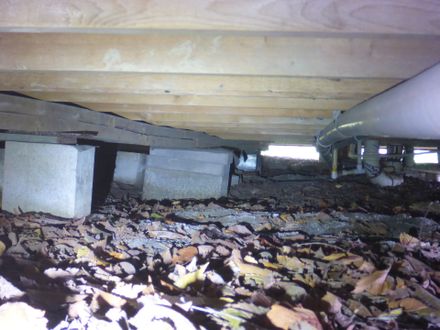
Infrared/thermal imaging inspections for moisture intrusion
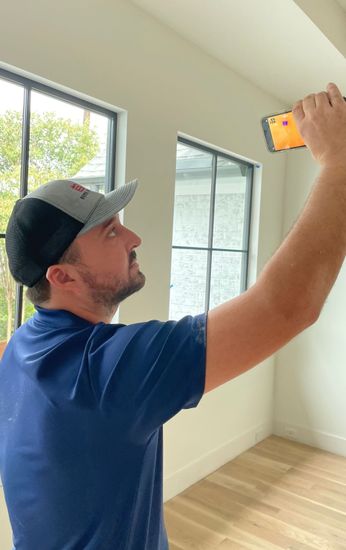
There are several areas where moisture can accumulate that are not visible to the naked eye, especially after heavy rains. The thermal imaging of the house is included in all inspections and allows the inspector to read the temperature differences between areas on walls and ceiling to determine if there is an active leak. Thermal imaging is mostly used to locate plumbing and roof leaks.
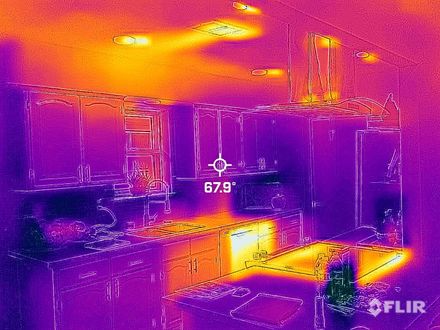
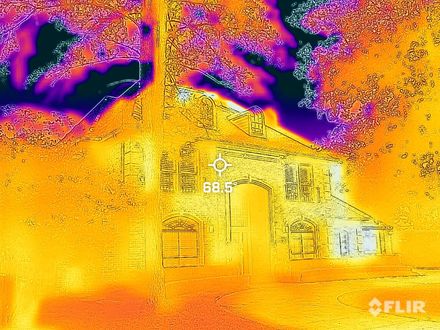
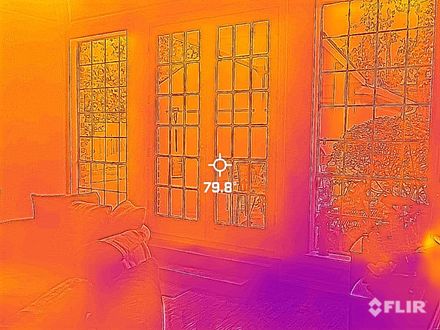
Elevation survey inspection for foundation performance
The purpose of an elevation survey is to determine the performance of the home foundations by measuring the variance of slope in the floors between the different rooms in the house using a Zip Level 2000.
This service can be added to a residential home inspection for an additional cost or we can provide a stand alone service if you have concerns about the performance of your foundation being unleveled or shifting foundations.
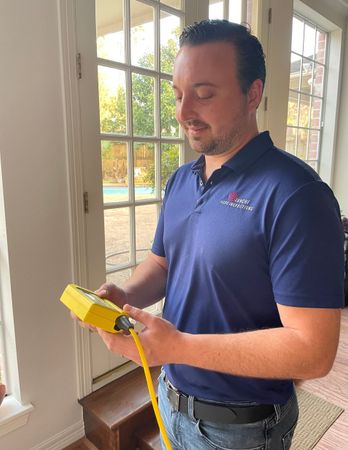
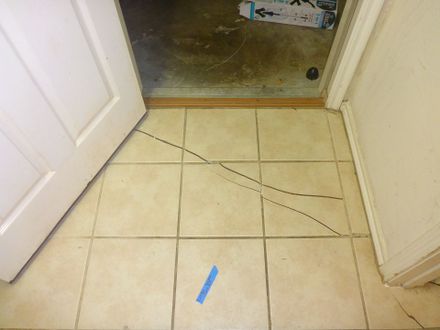
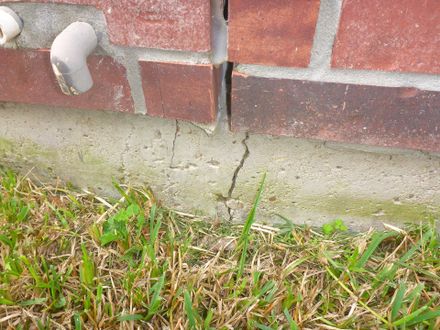
Termite Inspections

"A termite inspection is a crucial step that should not be overlooked. Termites are known as 'silent destroyers' for good reason; their presence often goes undetected until significant damage has been done, which can lead to unexpected and costly repairs. A professional termite inspection can uncover hidden issues and provide an assessment of any past or current activity, ensuring you are fully aware of the condition of the property. By identifying these problems before finalizing your purchase, you can negotiate repairs or a fair purchase price, saving you from future financial burdens associated with termite damage. This service can be added to a residential home inspection for an additional cost or we can provide a stand alone service if you have concerns about the performance of your foundation being unleveled or shifting foundations.
Furthermore, investing in a termite inspection gives you a clearer picture of the ongoing maintenance the property will require. In regions like Houston where termite infestations are more common, understanding the susceptibility of your potential home to these pests is critical. The inspection process can also educate you on preventive measures to protect your investment, such as moisture control, regular follow ups, and points of entry that need to be sealed. Being informed about the termite risk and condition of the home empowers you as a buyer and enables you to make a confident, informed decision on your prospective investment.
Pest Inspection Network, Inc
TPCL #783068
P.O. Box 700906, San Antonio, TX, 78270
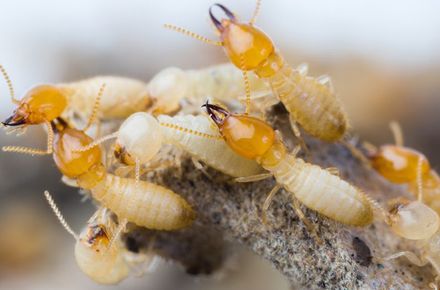

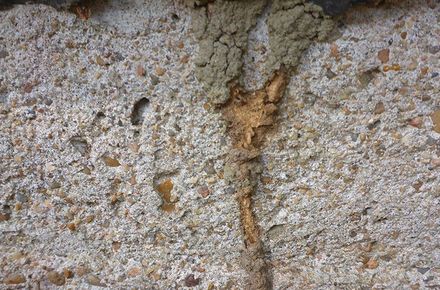
Irrigation (Sprinkler Systems) Inspections:
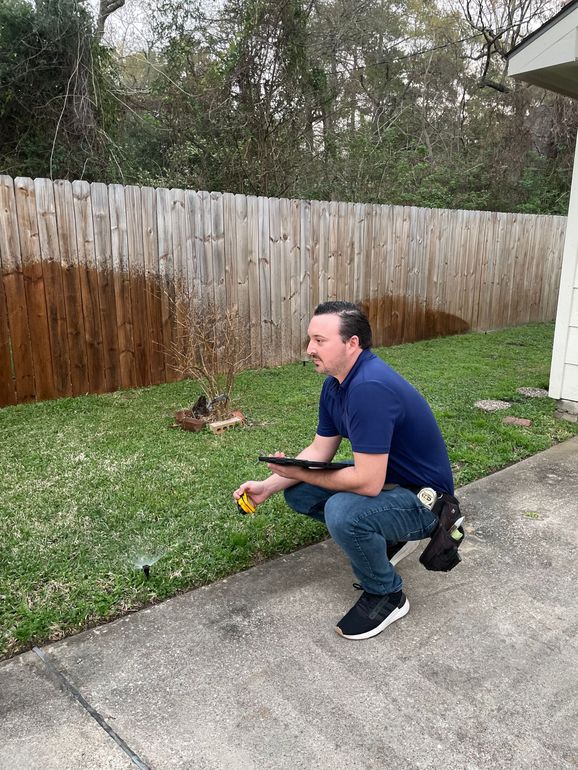
Included with the purchase of a home inspection is an irrigation system check. We will verify that the sprinkler system functions properly including all its components. The items that must be marked as deficient are things like:
- The absence of sensors including a rain or moisture meter
- Inoperative zone valves
- Surface water leaks
- Deficiencies in the performance and mounting of the controller.
An Irrigation system inspection will test and look for the following:
- Performance and mounting of the controller
- Condition of backflow prevention device
- Presence of shutoff valves between water meter and backflow device
- Missing or damaged components
- Rotator heads, sprayer heads, and/or pop up heads are working properly
- Proper yard coverage
- Underground water leaks
This type of inspection can also be offered as a standalone service as we recommend you check your sprinkler system at least once a year or as soon as you notice something is not working properly.
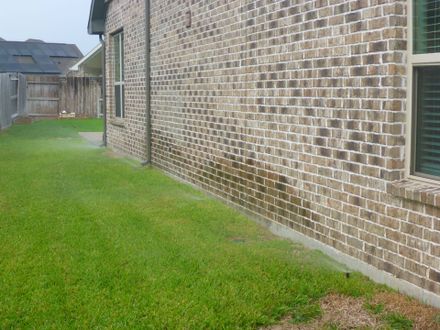

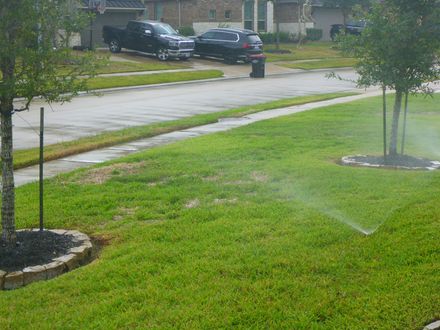
CERTIFICATONS:
ABOUT US
Bianchi Home Inspections was founded in 2022 by Riccardo and Didya Bianchi to provide world class customer service to clients as they navigate through the next significant chapter in life of becoming a homeowner.
QUICK LINKS
TEXAS REAL ESTATE COMMISSION P.O. BOX 12188 AUSTIN, TEXAS 78711-2188 (512) 936-
3000, www.tdlr.texas.gov
CONTACT US
Bianchi Home Inspections was founded in 2022 by Riccardo and Didya Bianchi to provide world class customer service to clients as they navigate through the next significant chapter in life of becoming a homeowner.
Consumer Protection Notice | TREC (texas.gov)
TEXAS REAL ESTATE COMMISSION P.O. BOX 12188 AUSTIN, TEXAS 78711-2188 (512) 936-
3000
Bianchi Home Inspections. All Rights Reserved.
Bianchi Home Inspections. All Rights Reserved.




